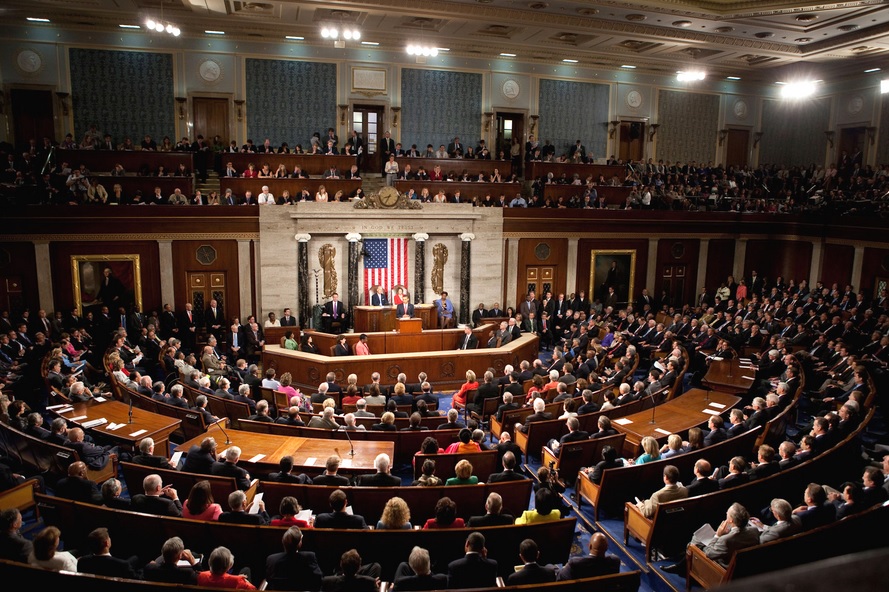The U.S. House of Representatives is poised to vote on the Corporate Transparency Act of 2019, which, if it passes, would prove costly for small business owners.
The legislation, also known as H.R. 2513, would require businesses with 20 or fewer employees to file forms that record the full legal names, dates of birth, addresses, and driver’s license or passport numbers of anyone with an ownership stake. Nationwide, entrepreneurs would end up spending $5.7 billion and 131.7 million work hours over a 10-year period to comply with the rules. The Congressional Budget Office estimates 25-30 million forms must be submitted annually and the total cost of compliance would be substantial. Failure to file complete and updated forms could trigger criminal or civil penalties that include imprisonment for up to 3 years, $10,000 in fines, or both.
While proponents argue these disclosures will help reveal illicit financial activities, NFIB strongly believes this is not the right way to address serious financial crimes. Criminals have no problem filing falsified documents, but honest small business owners could find themselves under federal scrutiny if they fail to comply.
Assurances that the forms will be easy to fill out, or that the enforcement will be fair, ring hollow, considering the Financial Crimes Enforcement Network (FinCEN) — a federal law enforcement and intelligence agency — will administer the program. The database containing this sensitive information will be available to law enforcement without a subpoena or court order, depriving small business owners of critical constitutional protections.
That means small business owners will bear the substantial paperwork burden and legal risk without any clear benefit to society. Since May of 2018, big banks have been required to keep this data for their customers and it is only accessible through warrant or subpoena. Under this legislation, the big banks would shift the burden and legal risk over to small business owners.
More than 80 percent of NFIB members oppose the idea behind the Corporate Transparency Act. NFIB, accordingly, will continue its efforts to convince lawmakers to oppose this burdensome, and ultimately ineffective, legislation.
Disclaimer: Articles featured on Oregon Report are the creation, responsibility and opinion of the authoring individual or organization which is featured at the top of every article.



